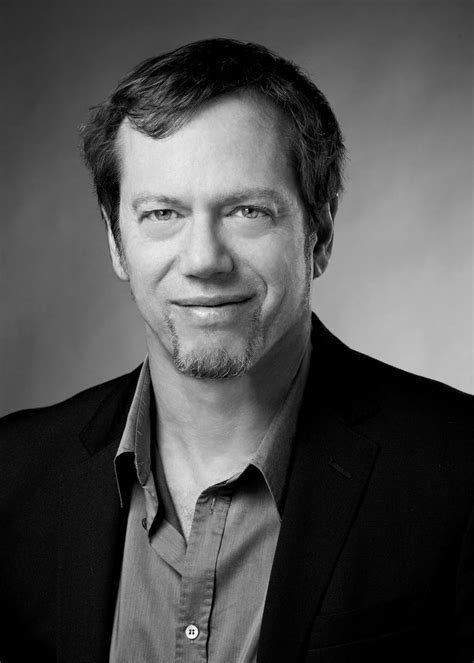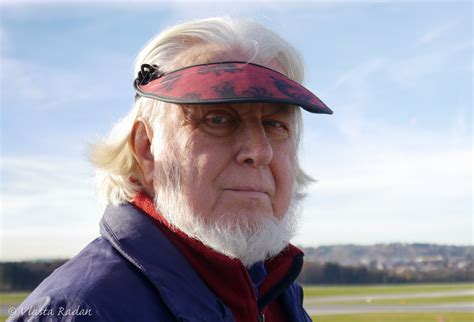A Quote by Chris Matthews
While I have questions about the language used in describing the two economic systems, I think people have fairly good gut sense of the difference between socialism and capitalism.
Related Quotes
Failure is a big part of a free market's success. People fail to live up to their potential, or to carry out all their good intentions, in all kinds of economic and political systems. Capitalism makes them pay a price for their failures, while socialism, feudalism, fascism and other systems enable personal failures, especially by those at the top, to be ignored.
Capitalism and socialism are two distinct patterns of social organization. Private control of the means of production and public control are contradictory notions and not merely contrary notions. There is no such thing as a mixed economy, a system that would stand midway between capitalism and socialism.
In the course of history periods of capitalism and socialism alternate with one another; capitalism is the unnatural, socialism the natural economic system... The National Socialists and the Red Front have the same aspirations. The Jews falsified the Revolution in the form of Marxism and that failed to bring fulfilment.
We want to be known for having original ideas, inspired hunches, and gut feelings that make a difference. Indeed, a "well-honed sixth sense"' is considered a measure of the good clinician. But being a good doctor also requires sticking with the best medical evidence, even if it contradicts your personal experience. We need to distinguish between gut feeling and testable knowledge, between hunches and empirically tested evidence.
A Jesuit once wrote a note to Father Arrupe, his superior general, asking him about the relative value of communism, socialism and capitalism. Father Arrupe gave him a lovely reply. He said, "A system is about as good or as bad as the people who use it." People with golden hearts would make capitalism or communism or socialism work beautifully.
Without calculation, economic activity is impossible. Since under Socialism economic calculation is impossible, under Socialism there can be no economic activity in our sense of the word All economic change, therefore, would involve operations the value of which could neither be predicted beforehand nor ascertained after they had taken place. Everything would be a leap in the dark. Socialism is the renunciation of rational economy.
Rather than thinking of sound and sense in my essays as two opposing principles, two perpendicular trajectories, as they are often considered in conversations around translation, or even as two disassociated phenomena that can be brought together to collaborate with more or less success, I think of sound as sense. Sound has its own meaning, and it's one of the many non-semantic dimensions of meaning in language. I want to emphasize is the formal dynamic between language-as-information and language-as-art-material.
There's a real difference between venture capitalism and vulture capitalism. Venture capitalism we like. Vulture capitalism, no. And the fact of the matter is that he's going to have to face up to this at some time or another, and South Carolina is as good a place to draw that line in the sand as any.






























